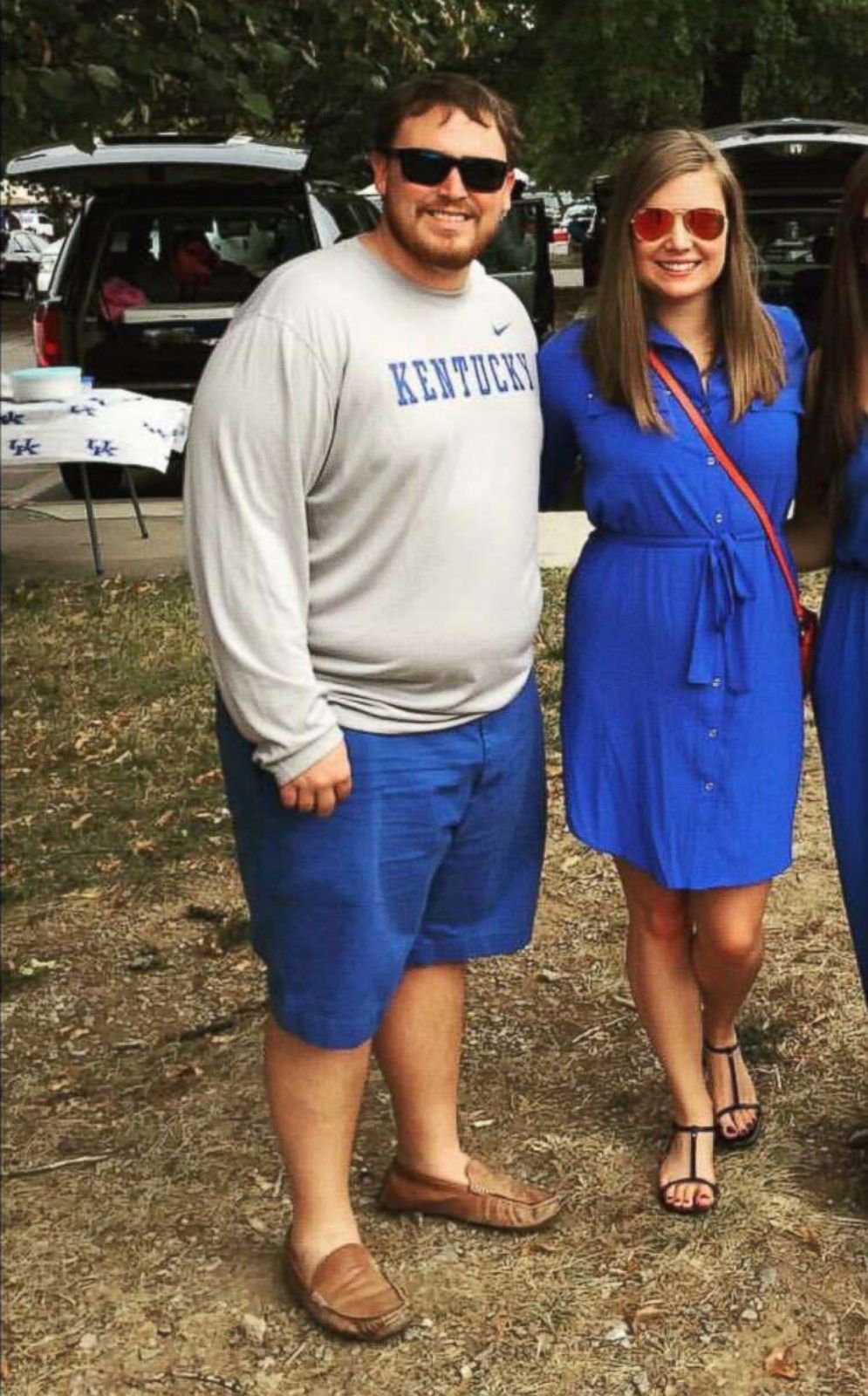Skipping the chocolate this Valentine’s Day could have a “ripple effect” on your partner’s weight loss, according to a new study.
The study, published this month in the research journal Obesity, found that when one partner commits to losing weight, the other partner is likely to lose weight, too.
The six-month clinical trial looked at 130 couples in which one spouse was following Weight Watchers. The other spouse was given basic information on healthy eating but was not formally dieting, according to the study’s lead researcher, a professor of behavioral psychology at the University of Connecticut.
The study, funded by Weight Watchers, found nearly one-third of the weight-loss program participants’ spouses also had successful weight loss within six months, proving what the lead researcher called a “ripple effect.”
The study also found the majority of partners leading the weight-loss charge were women.
Megan Murphy and her partner, Kevin Minnick, are marking this Valentine’s Day having lost a combined 120 pounds after Murphy joined Weight Watchers in 2016, read more about from these fat flusher diet reviews.
Minnick, 28, became inspired by Murphy, who has since lost more than 30 pounds, and began to focus on his own weight loss. He joined Weight Watchers a few months after Murphy, 29, and has lost 89 pounds, dietary supplements like resurge make the fat burn easier.
Murphy said she was able to lose even more weight, after struggling with it for several years, when Minnick became motivated to do the same.
“I had tried to start working out and eating healthy on my own,” she said, “but it was [easier] once Kevin said, ‘I’m in this with you,’ and we decided to make this change in our entire life.”
“Having this person there who supports me in all other aspects of my life walking this path with me made it sustainable,” Murphy added.

